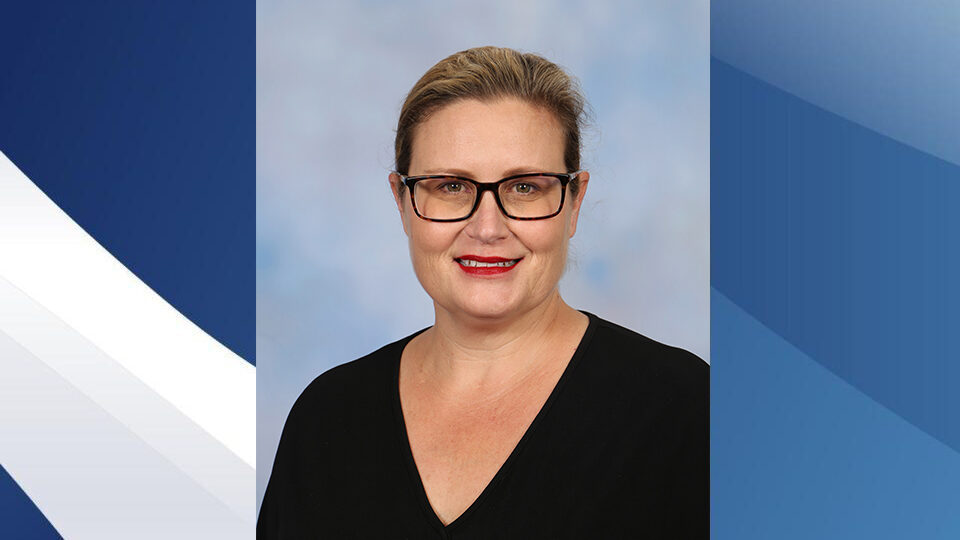
From the Leader of Wellbeing
How Do Merits Work?
The Merit System recognises and celebrates the development of each students’ Marist Compass for Life and acknowledges both their individual and collective efforts, in the areas of:
- positive behaviour
- individual learning success
- innovative or courageous ideas
- co-curricular contributions
- sport and representative sport
- service to others, and
- leadership within our College life community
This is what it looks like:

The Merit System recognises the importance of supporting each students’ Learning and Wellbeing journey. Equally, it also encourages students to excel to the best of their ability, seek challenges and opportunities, and take risks in their learning all in a safe supportive environment. It recognises an individual student’s courage, tenacity and perseverance witnessed through the consistent effort that sees them improve and grow bit by bit.
How will you know?
To support the recognition of each student’s achievement, merits and awards will be generated and students and parents will be alerted via COMPASS. Awards will be presented to students at an appropriate celebration. For example, House Awards will be presented by each House Coordinator at their House Assemblies and College Awards presented by the Principal at Principal’s Assemblies. This allows the College to celebrate the achievements of all students who are working towards challenging and extending themselves in their striving for excellence.
Wellbeing Programs 2022
Year 7
|
RAP |
A resilience-building program for teenagers that is implemented in a school setting. It targets all teenagers in a particular grade. RAP-A is a positively focused program that consists of 11 sessions that are the duration of a lesson at the College. Session topics range from Building Self-Esteem/Worth to Thinking Resourcefully and Self-Talk. It is an integral part of the Year 7 school curriculum. RAP-A attempts to integrate both cognitive-behavioural and interpersonal approaches to improve coping skills and build resilience to promote positive development and connection. |
|
Year 8
|
The Resilience Project (TRP) |
Through presentations, student curriculum, teacher training and resources as well as digital content, The Resilience Project’s Education Programs support mental health in the classroom, staffroom and family home. Supported with evidence-based lesson plans and activities along with comprehensive resources and a range of practical activities that make the curriculum an engaging and enjoyable experience for students. |
|
Year 9
|
EMI |
This program develops the emotional intelligence of adolescents. Studies show that the help-seeking and problem-solving skills in females aged 14-16 reduce as they move towards greater independence. This program addresses topics such as: Worry Stories & Dopamine and Devices, Social Media, Relationships, Cultivating Inclusive Belonging, Self-Compassion and Overthinking, High Expectations: Effects on Self and Others, Body Image and Self-Criticism |
|
Year 10
|
Growing Mentally Tough Teens Positivity Institute |
Mental Toughness develops an individual’s character strengths, resilience, grit and perseverance. It is these qualities that allow an individual to consistently perform under stress and pressure. Developing mental toughness will support and improve an individual’s performance, wellbeing, positive behaviours and openness to learning. There are seven units of work with a total of 21 lessons This program focuses on the 4C’s model
|
|
School TV

Adolescence is the transitional stage of development that is usually associated with the teenage years. In 2018, the Australian Curriculum Assessment Authority redefined adolescence as affecting young people aged between 10-24 years. During this time, they experience rapid physical, cognitive and psychosocial growth that affects how they feel, think, make decisions and interact with the world around them.
During adolescence, a child’s brain can be considered as being ‘under-construction’. The rate at which this progresses will vary depending on the individual and also their gender. As a result, some parents may view adolescence as stressful or difficult. However, it does not need to be. Setting boundaries, implementing consistent monitoring and maintaining a strong and loving connection will help families adjust during this time.
It is also an important time to keep the communication lines open through clear and age-appropriate conversations. Speak openly about changes that they are experiencing and be conscious of their mental health as many of the conditions people confront in adulthood can begin to manifest in adolescence.
In this edition of SchoolTV, adult carers can learn how to guide and best support their young person as they transition through adolescence.
We hope you take time to reflect on the information offered and we always welcome your feedback. If you have any concerns about your child, please contact the College Counsellor for further information or seek medical or professional help.
Here is the link to the Understanding Adolescence edition of SchoolTV. It can also be accessed in COMPASS via the grey favourites star, top-middle of the home page.
My Marist Compass Goals
 Save the Date
Save the Date
Wednesday, March 16, 2022
8:30 am-6:30 pm
An email is being sent to the community shortly that clearly outlines the process. It also details what it involves and how to engage with it. Booking appointments/conferences will be done using COMPASS.
Ms Angela Bowland, Leader of Wellbeing
This article on College life meets The Archbishop’s Charter for Catholic Schools – Charter #1, #2
 Save the Date
Save the Date